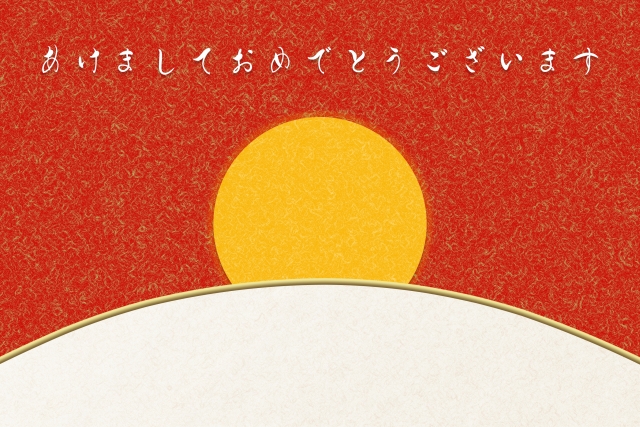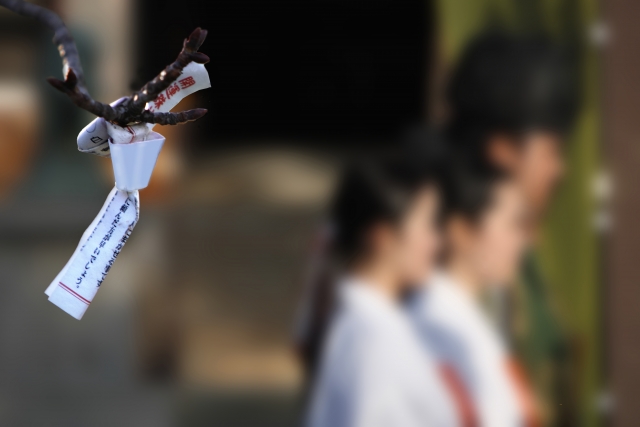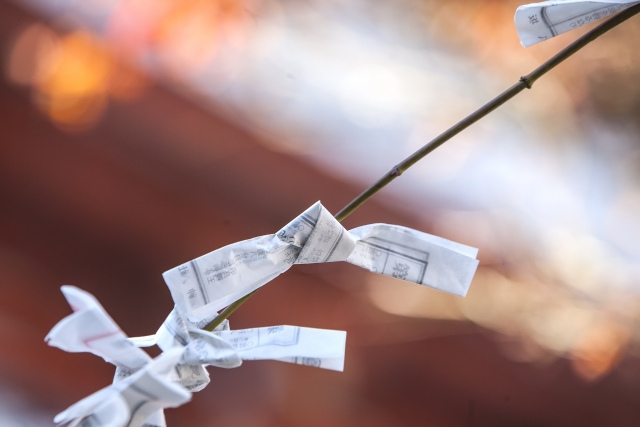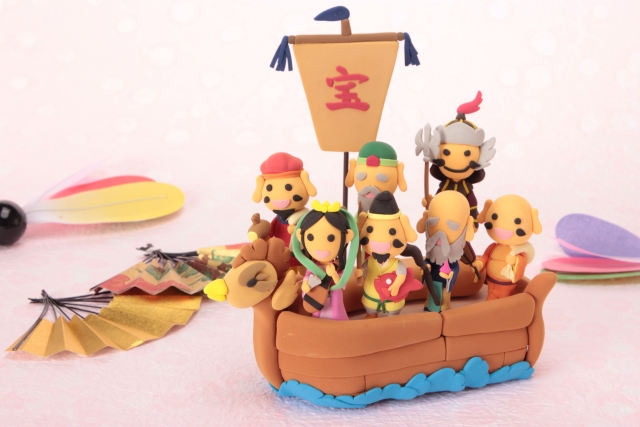
“The Seven Gods of Good Fortune” are the seven gods believed to bring good fortune in Japan.
The seven gods of good fortune ride on a “treasure ship,” which is considered to be an auspicious object.
A treasure ship is a boat that carries lucky charms, and is popular as a good luck charm.
It is said that if you put a picture of a treasure ship with the seven gods of good fortune under your pillow on New Year’s Day, you will have a good first dream.
- Daikoku-ten
- Bishamon-ten
- Ebisu-ten
- Jurojin
- Fukurokuju
- Benzai-ten
- Hotei-son
Each of the seven gods of good fortune has a variety of backgrounds, including Hinduism, Buddhism, Taoism, and Shintoism.
It is said that around the end of the Muromachi period (1336-1573), the seven gods of good fortune that had been worshipped separately were gathered together to form the Seven Gods of Good Fortune, but the historical background is not well understood.
It may be difficult to understand the characteristics of the seven gods of good fortune from their names, so here is a summary of their characteristics.
Daikoku-ten
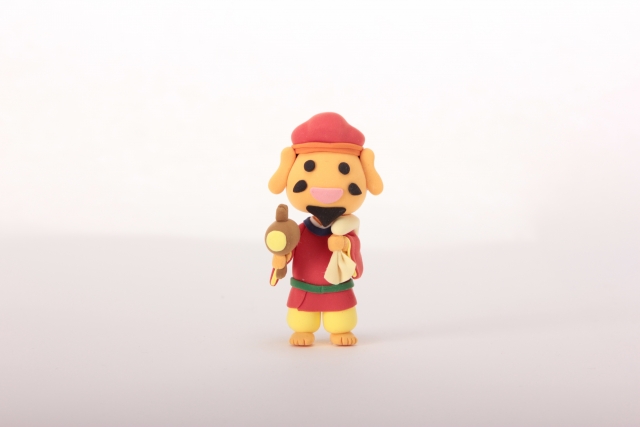
- India, Hinduism
- Treasure, good luck, prosperity of descendants
- Holding a hammer in his hand
It has its roots in the Indian Hindu deity Mahakala, an incarnation of Shiva.
After being adopted by Buddhism, he was introduced to Japan, where he came to be regarded as the same as the ancient Japanese god “Daikoku” (大国) because of their similarity.
He is often depicted holding a hammer and a large bag, and riding on top of a rice bale.
Bishamon-ten
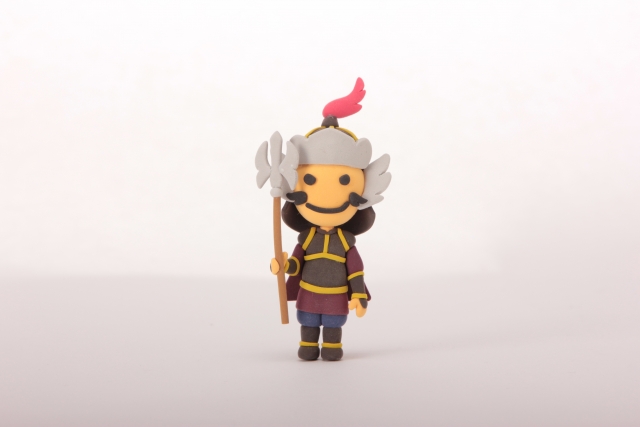
- India, Hinduism
- Good fortune, protection from bad luck
- Holding a spear in his right hand and a pagoda in his left.
Kuberla is an Indian Hindu deity.
In the process of being introduced to China, belief in him as a warrior god was born, and he is also known as the god of war, worshipped by such figures as Kenshin Uesugi.
Ebisu-ten
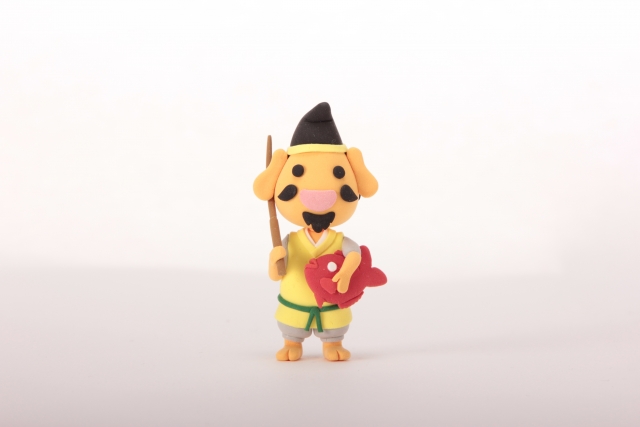
- Japanese origin
- Prayers for prosperous business, good harvest, and big catch
- Holding a fishing rod in his hand and a sea bream at his side
Ebisu-ten is the only one of the seven gods of good fortune that originated in Japan.
According to one theory, Hiruko is the first child of Izanami and Izanagi, and is said to represent a pure heart that does not indulge in greed.
Jurojin
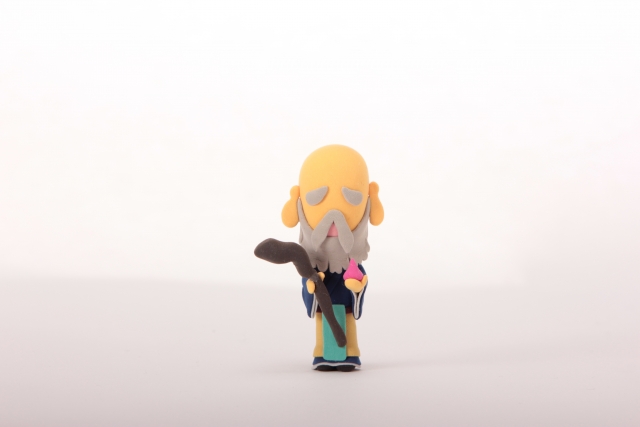
- Taoism, China
- Long life extension, healing of various diseases
- Holding a staff or peach with a scroll in his hand, he is accompanied by a deer and has a long, white beard
Originated from the Taoist god Nankyoku-rojin, an incarnation of the South Pole Star.
Deer and peaches are considered to be symbols of longevity.
Fukurokuju
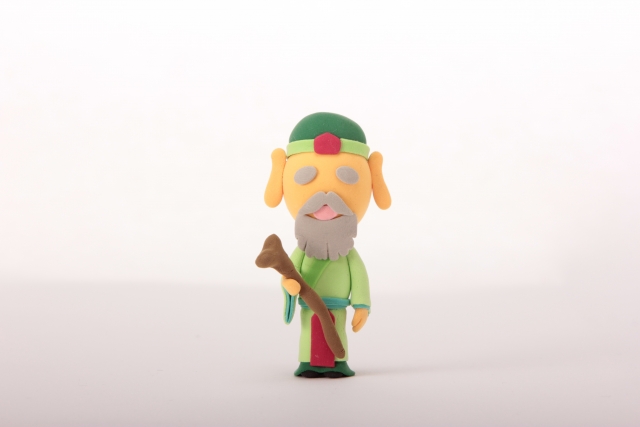
- Taoism, China
- Longevity, success in life, prosperity of descendants
- Holding a staff or scroll, with a long, white beard/li>
It has its roots in the Taoist deification of the three stars of Fukusei, Rokusei, and Jyusei.
The three stars are Fuku, Roku, and Jyu.
The Shouxing star alone is called Jurojin, and the three stars in one is called Fukurokuju.
Benzai-ten
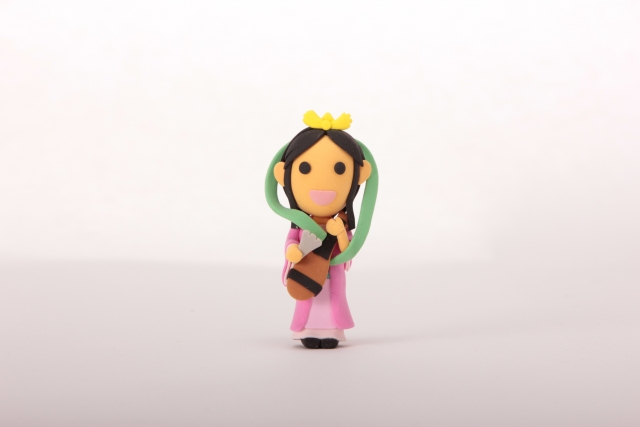
- India, Hinduism
- Financial fortune, music, entertainment
- Dressed in feathered robe and crown, playing biwa (Japanese lute)/li>
Benzai-ten, the only female of the Seven Gods of Good Fortune, originally originated from the Indian Hindu goddess Saraswati.
She is said to have been adopted by Buddhism and chosen to be the goddess of music, eloquence, wealth, and wisdom.
She is popularly called “Benten-sama” by people.
Hotei-son
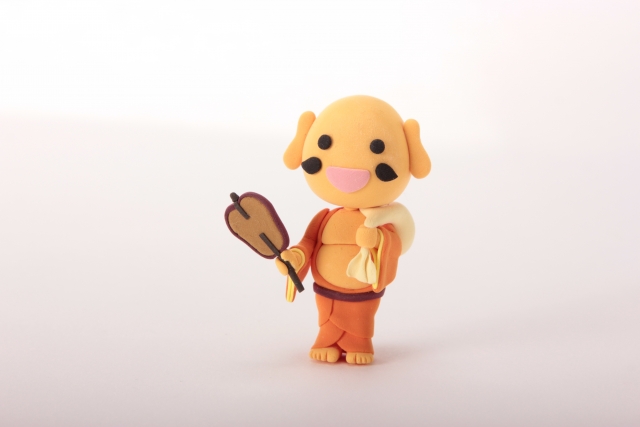
- China, Buddhism
- Good fortune, Happiness, Happiness in marriage, Human virtue
- Carrying a large bag and wearing his kimono down with a drum belly.
He is the only one of the Seven Gods of Good Fortune who actually existed, and according to one theory, he originated from a Zen monk in the late Tang Dynasty in China.
In China, he is believed to be an incarnation of Maitreya Bodhisattva, who appeared 5.67 billion years after the death of Buddha to save people.
It is a belief that brings good fortune, but we feel that it has a Japanese characteristic of integrating gods from various sources.


